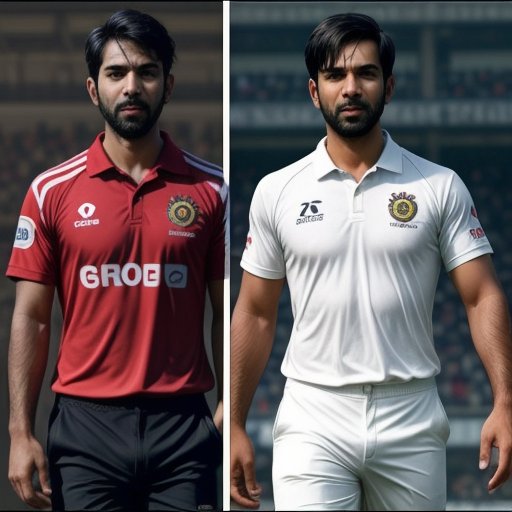
Outburst Raises Questions: Is Toxic Workplace Culture Unchecked in Sports?
The recent on-camera outburst by Lucknow Super Giants (LSG) owner Sanjiv Goenka towards skipper KL Rahul has sparked a conversation about the prevalence of toxic workplace culture in sports. Goenka's public reprimand of Rahul after their crushing loss to Sunrisers Hyderabad (SRH) has prompted questions about the ethical boundaries and leadership practices within sports organizations.
Some argue that Goenka's actions reflect a broader issue of unchecked toxicity in sports, where power imbalances and excessive pressure can create a hostile environment.
- According to a 2022 survey by the National Collegiate Athletic Association (NCAA), 25% of student-athletes reported experiencing verbal abuse from coaches.
- Research by the University of Michigan found that female athletes are more likely to experience verbal and physical aggression compared to their male counterparts.
In the case of Goenka's outburst, it is important to consider the context of the situation. LSG had suffered their biggest loss in IPL history, with SRH chasing down their target in just 58 balls. Understandably, Goenka may have been frustrated and sought accountability. However, the public nature of the interaction and the use of harsh language raise concerns about the culture within the LSG organization.
Impact on Team Dynamics
Toxic workplace culture can have detrimental effects on team dynamics and individual well-being:
- Reduced Morale: Employees or players subjected to verbal abuse or excessive scrutiny experience low morale and motivation.
- Increased Stress and Anxiety: A toxic work environment can lead to increased stress levels and anxiety, affecting mental health.
- Diminished Productivity: Fear and insecurity can hinder creativity and productivity, resulting in decreased performance.
In the case of LSG, the public outburst may have damaged the trust between Goenka, Rahul, and the team. It remains to be seen how this incident will impact the team's performance and the overall morale within the organization.
Alternatives to Toxic Leadership
Effective leadership in sports should prioritize creating a positive and supportive environment that fosters growth and development.
- Objective Feedback:Constructive criticism delivered in private, with a focus on improvement and accountability.
- Clear Expectations:Establishing defined roles and responsibilities to avoid confusion and conflict.
- Respect for Authority:Maintaining a balance between professional respect and open communication, without resorting to verbal abuse.
Sports organizations should prioritize creating a culture of respect, accountability, and support, where players and staff feel valued and empowered. Only then can they harness the full potential of their teams and foster a positive work environment.

.png)
0 Comments